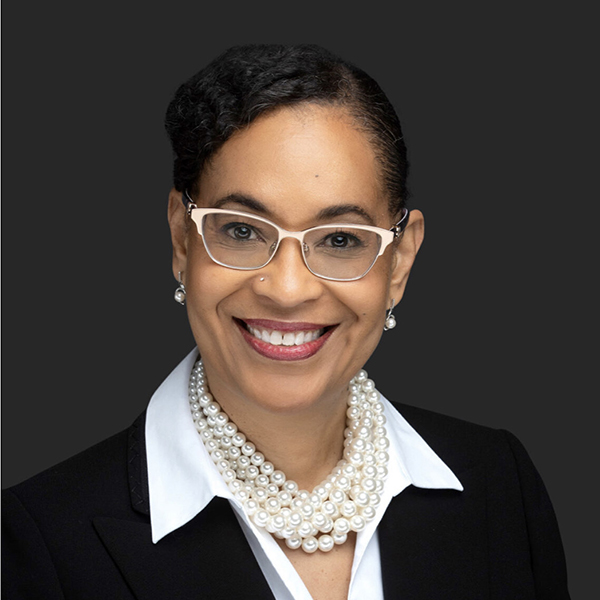Culture Corner: The Hidden Benefits of Caribbean Medical Education

Dr. Liggins is the associate dean of clinical studies at St. George’s University School of Medicine in Grenada, West Indies. She serves on the APA Advisory Council for the SAMHSA MFP. Dr. Liggins previously served as the director of medical education and the designated institutional official and has trained numerous graduates of both U.S.-based and Caribbean medical schools during her 14 years as a residency program director. Dr. Liggins graduated from the University of Michigan Medical School and completed residency training in psychiatry at the Cleveland Clinic, where she was an APA Minority Fellow.
International medical education can be defined as medical education beyond the national borders of one’s home country. International medical graduates (IMGs) include U.S. citizens who graduate from international medical schools located in the Caribbean. Although they may spend the majority of pre-clinical learning on a campus in the Caribbean, like their U.S. counterparts, these students complete some, if not all, of their clinical rotations in U.S. hospitals.
IMGs can pursue postgraduate residency training in the U.S. by meeting specific requirements including the school having appropriate accreditation and the graduate having passed the required U.S. Medical Licensing Examination (USMLE). Although IMGs face more challenges in obtaining residency positions, in general, the pathway to U.S. postgraduate training is similar for students educated in the U.S. and those educated in the Caribbean.
There are meaningful and often unrecognized benefits for the graduates of Caribbean medical schools. This multicultural learning environment immerses its students in a range of educational and personal growth opportunities not necessarily available in most U.S. medical schools. This is often due to the diversity of the student body and the faculty. Students’ awareness of global health care complexities is raised. In addition, Caribbean schools often emphasize cultural humility and appreciation by encouraging students to respect the people and culture they experience as a “guest” of these island nations.
Learners from diverse walks of life teach each other valuable lessons that will benefit them in the clinical setting and beyond. Students from “majority” experiences are often placed in a “minority” setting for the first time in their lives. Stepping outside of one’s comfort zone can be equivalent to planting seeds of awareness and empathy that will later grow into cultural competence during clinical encounters. In summary, a Caribbean medical education offers much more than a tropical sunset by which to study. It offers a valuable — although often hidden — curriculum that may not be fully appreciated until its graduates are in clinical practice.
Read more:
- An ethnographic investigation of medical students’ cultural competence development in clinical placements - PMC Liu J, Li S. An ethnographic investigation of medical students' cultural competence development in clinical placements. Adv Health Sci Educ Theory Pract. 2023 Aug;28(3):705-739.
- Developing a Career in Global Health: Considerations for Physicians-in-Training and Academic Mentor Brett D. Nelson, Jennifer Kasper, Patricia L. Hibberd, Donald M. Thea, Julie M. Herlihy. J Grad Med Educ. 2012 Sep; 4(3): 301–306.
- Best Caribbean Medical Schools: Your Path to a MD Degree
- Benefits of Global Health Education for Future Doctors - SDN
